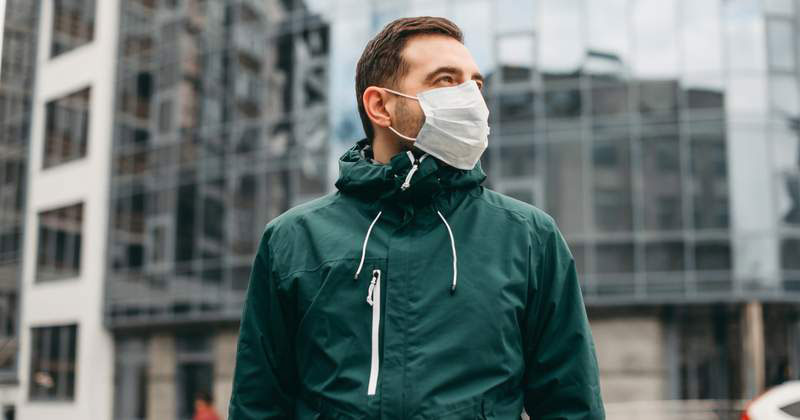Have you wondered about the legalities of quarantine and shelter-in-place orders?
COVID-19 has led to rapid and transformative changes in day-to-day life. Significant developments include quarantine and isolation orders that require all of us to do our part to stop the spread of the virus by remaining home as much as possible.
Here’s what to know about the legal side of the orders to stay home.
What is the difference between quarantine and isolation?
Isolation is used to separate individuals who are sick from those who are not, and is a standard pandemic response.
Quarantine, on the other hand, is intended to prevent the spread of sickness by distancing those who may not be actively sick but could be carriers or at risk of infection. Both are legal to enact on the state level, though experts disagree about whether the same can be said of federal authorities.
Are stay-at-home orders legal?
Stay-at-home orders, which have been enacted in most states, urge citizens to “shelter in place” so as not to potentially expose themselves or others to COVID-19. Most jurisdictions do have the legal authority to enact such orders, and by doing so the orders become laws of the city or state.
What happens if you disobey a quarantine order?
Just as jurisdictions have the right to enact stay-at-home orders, they also have the right to enforce them — within constitutional limits, of course. Mandatory social distancing orders have been deemed constitutional, with fines and imprisonment both being used to ensure citizens comply.
Reach out today if you have questions about these or any other legal issues.

